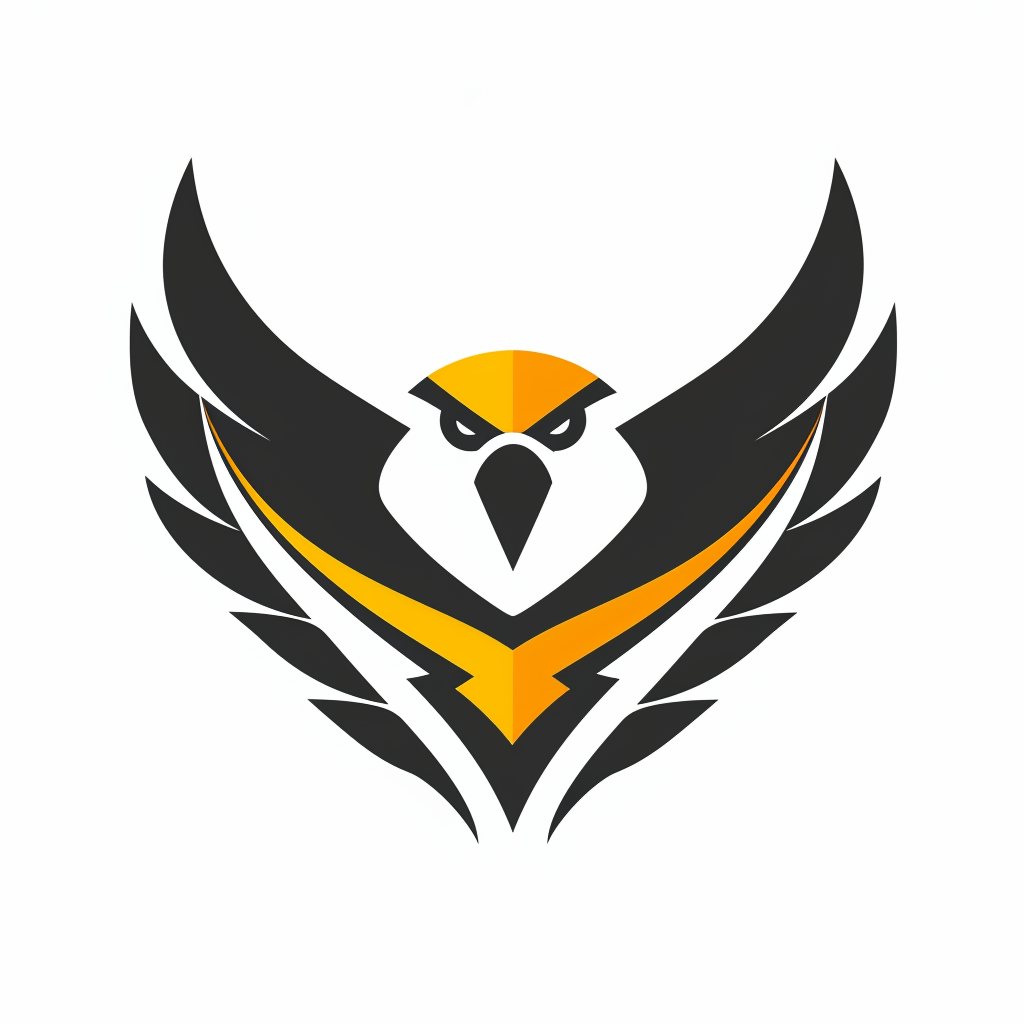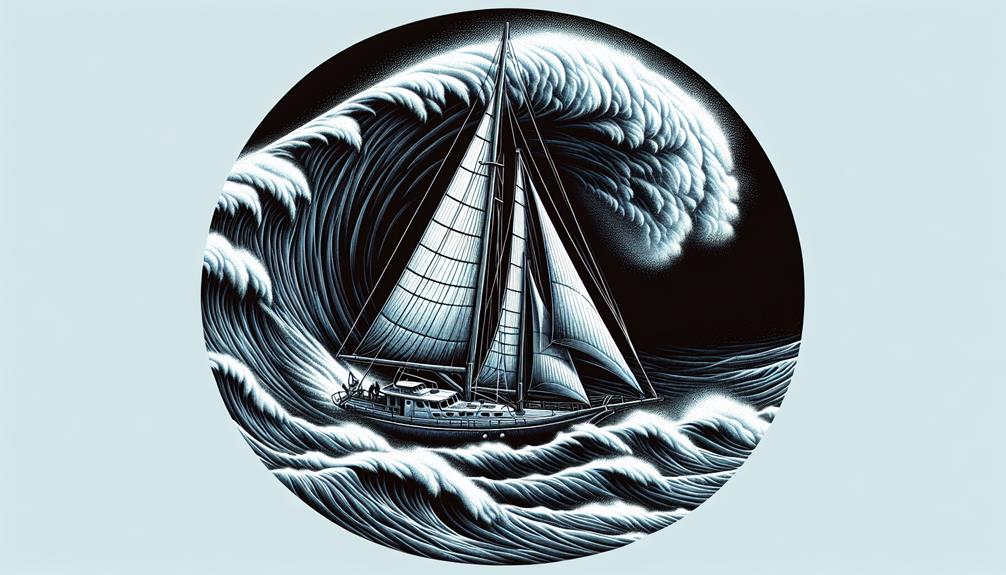Embarking on the vast expanse of the rough ocean is like stepping into the arena of life's challenges. And just as you seek the best armor to protect you in battle, you need the best boat to navigate these treacherous waters.
What Is The Best Boat For The Rough Ocean
But what exactly makes a boat the best for such a formidable journey? Is it stability, maneuverability, durability, safety features, or performance? Join us as we explore the qualities that make a boat worthy of taming the unruly waves, and discover which vessel will become your trusted companion in conquering the unpredictable depths of the ocean.
What Is The Best Boat For The Rough Ocean
Key Takeaways
What Is The Best Boat For The Rough Ocean
- Optimal stability is crucial for a smooth ride in rough ocean conditions.
- A boat with a deep V-shaped hull provides better stability during turns.
- Durability is essential for withstanding the harshest conditions.
- Power and speed, along with responsive steering and maneuverability, are crucial for navigating challenging ocean conditions.
Stability: Ensuring a Smooth Ride
What Is The Best Boat For The Rough Ocean
To ensure a smooth ride in rough ocean conditions, it's imperative that the boat possesses optimal stability. Stability is crucial for maintaining balance and control, allowing you to navigate through turbulent waters with ease.
What Is The Best Boat For The Rough Ocean
Two key factors that greatly influence stability are weight distribution and hull design.
What Is The Best Boat For The Rough Ocean
Weight distribution plays a vital role in maintaining stability. It's important to evenly distribute the weight of the boat and its contents to prevent any imbalances. Uneven weight distribution can lead to a lopsided boat, causing it to tilt and potentially capsize in rough seas. By carefully organizing the placement of heavy items and ensuring a balanced load, you can enhance the stability of your boat.
What Is The Best Boat For The Rough Ocean
Another crucial aspect of stability is the hull design. The shape and structure of the hull determine how the boat interacts with the water. A deep V-shaped hull, for example, cuts through waves more efficiently, reducing the impact and maintaining stability. On the other hand, a flat-bottomed hull may provide more stability at rest but can be less stable in rough conditions. It's essential to choose a hull design that suits your intended use and the ocean conditions you anticipate encountering.
Maneuverability: Navigating Rough Waters With Ease
Maintaining stability in rough ocean conditions is essential for navigating with ease, and now we'll explore the subtopic of maneuverability to further enhance your ability to navigate these challenging waters.
Handling, which involves mastering the art of maneuvering in turbulent seas, is crucial for ensuring a safe and efficient journey.
When it comes to handling, having a boat with responsive controls and a well-designed hull is essential. A boat with a deep V-shaped hull, for example, can slice through the waves and provide better stability during sharp turns. Additionally, a boat with a lower center of gravity will be more resistant to rolling, making it easier to handle in rough waters.
Furthermore, modern boats are equipped with advanced navigation aids that greatly enhance maneuverability. These navigation aids utilize advanced technology to provide precise and efficient course adjustments.
For instance, GPS systems can accurately determine your boat's position, allowing you to make quick and accurate course corrections. Radar systems can detect other vessels or obstacles, enabling you to navigate around them safely.
Durability: Built to Withstand the Harshest Conditions
Withstanding the harshest conditions requires a boat that is built to endure the relentless forces of the ocean. Durability is essential for a boat to navigate rough waters and survive extreme weather conditions. A boat that is long lasting and has a robust construction can offer the reliability needed to withstand the challenges of the open ocean.
To better understand the importance of durability in boat construction, let's compare two types of boats in terms of their durability features:
| Durability Features | Boat A | Boat B |
|---|---|---|
| Hull Material | Fiberglass reinforced with Kevlar | Aluminum alloy |
| Impact Resistance | High | Moderate |
| Corrosion Resistance | Low | High |
| Seaworthiness | Excellent | Good |
Boat A, with its fiberglass hull reinforced with Kevlar, offers superior impact resistance and is highly seaworthy. However, it may lack the corrosion resistance of Boat B, which is made of aluminum alloy. The choice between these two boats depends on the specific needs and preferences of the individual boat owner.
Safety Features: Protecting You in Unpredictable Situations
In order to ensure your safety in unpredictable situations, it's crucial to consider the safety features of the boat you choose. When venturing into the rough ocean, you need a vessel that's equipped to handle emergencies and keep you connected to the outside world.
Here are four essential safety features to look for:
- Emergency Response System: A reliable boat should have an advanced emergency response system in place. This includes features like automatic distress signals, GPS tracking, and emergency beacons. These systems enable swift and efficient response in case of an emergency, ensuring your safety and facilitating rescue operations.
- Sturdy Hull Design: A boat with a sturdy hull design is essential for withstanding the unpredictable and harsh conditions of the ocean. Look for boats with reinforced hulls, designed to absorb impacts and maintain stability even in rough waters. This will provide you with a secure and stable platform during challenging situations.
- Communication Capabilities: In the event of an emergency, effective communication is vital. Look for boats equipped with reliable communication systems such as VHF radios, satellite phones, or even internet connectivity. These capabilities will allow you to stay in touch with rescue services, fellow boaters, or authorities, ensuring timely assistance and support.
- Safety Equipment: Your chosen boat should be equipped with essential safety equipment, including life jackets, fire extinguishers, and first aid kits. Ensure that these items are easily accessible and in good working condition. Additionally, consider boats with features like self-righting capabilities or automatic bilge pumps, as they can significantly enhance your safety during unpredictable situations.
When selecting a boat for the rough ocean, prioritize safety features that enable emergency response and communication capabilities. These features will provide you with peace of mind and the reassurance that you're well-prepared to face any unforeseen circumstances.
Performance: Power and Speed for Challenging Ocean Conditions
To navigate challenging ocean conditions, it's crucial to have a boat that possesses the necessary power and speed. When it comes to power, you need an engine that can handle the rough seas and propel the boat forward without hesitation. Look for a boat that's equipped with a powerful engine that can generate the required thrust to overcome the strong currents and waves. Additionally, fuel efficiency is also important in order to ensure that you have enough power to sustain your journey for an extended period of time. A boat with good fuel efficiency will allow you to cover longer distances without having to worry about refueling frequently.
In terms of handling and control, a boat with responsive steering and maneuverability is essential. When faced with challenging ocean conditions, you need a boat that can quickly change direction and navigate through rough waters with ease. Look for a boat that's equipped with advanced navigation systems and stabilizers to ensure stability and control. These features will help you maintain control of the boat even in the most challenging conditions.
Conclusion
When it comes to braving the rough ocean, there's one boat that stands above the rest. With its exceptional stability, unmatched maneuverability, and unwavering durability, this vessel is built to conquer the harshest conditions.
Its safety features provide peace of mind in unpredictable situations, while its impressive performance guarantees power and speed in challenging ocean conditions.
Like a mighty lion roaming the vast savanna, this boat reigns supreme in the untamed waters, ensuring a smooth and exhilarating ride for all who venture aboard.

